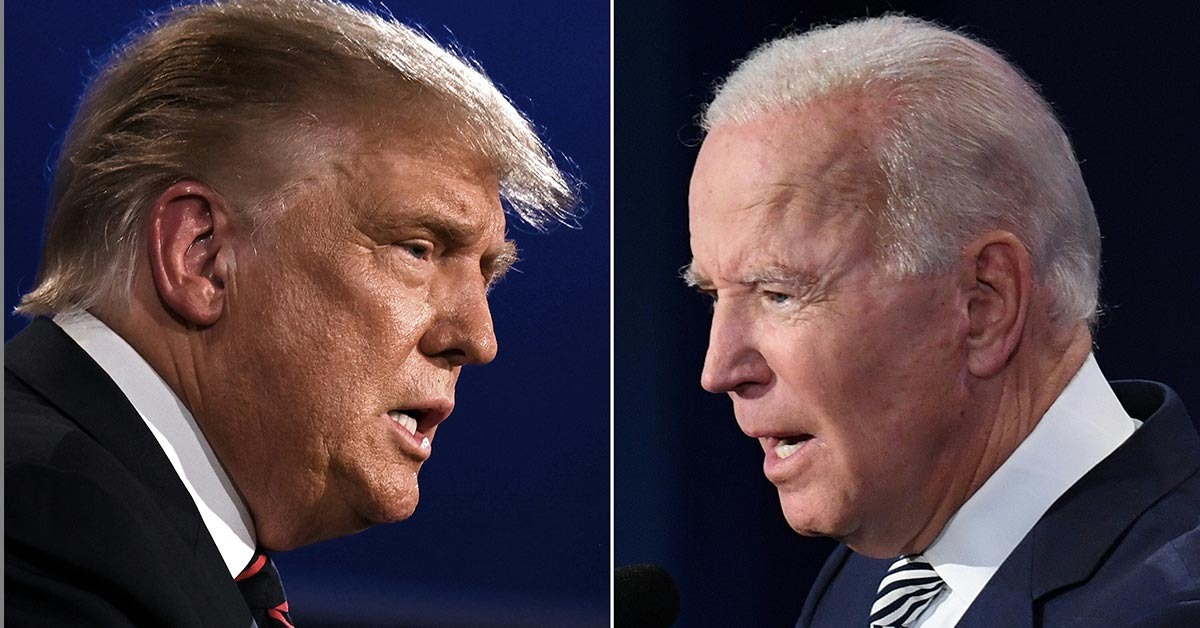President Biden and former President Donald Trump have secured enough support from their respective parties to become the standard-bearers for the upcoming November presidential election in the United States.
According to the US Constitution, each of the 50 states conducts its vote to determine the next commander-in-chief, and candidates are allocated “electors” from each state based on their population size.
With a candidate needing 270 electors to secure victory in the White House, elections often hinge on the outcomes in fiercely contested “swing states” with a history of alternating between Republican and Democratic candidates.
Biden and Trump (Credits: EL PAÍS English)
Arizona, Georgia, Michigan, Nevada, Pennsylvania, and Wisconsin appear to be the crucial battleground states for the 2024 election cycle.
These states have played pivotal roles in past elections and are expected to once again be decisive in determining the outcome of the upcoming presidential race.
In the 2020 election, Joe Biden emerged victorious in all six of these states, securing 306 electoral college votes compared to Trump’s 232.
Donald Trump and Joe Biden (Credits: WWMT)
However, recent polling averages indicate that Donald Trump is leading in all six battleground states, setting the stage for a potentially competitive and closely contested election.
The shifting dynamics in these key states underscore the unpredictable nature of American politics and highlight the importance of mobilizing support and campaigning effectively to secure victory in the upcoming presidential election.
